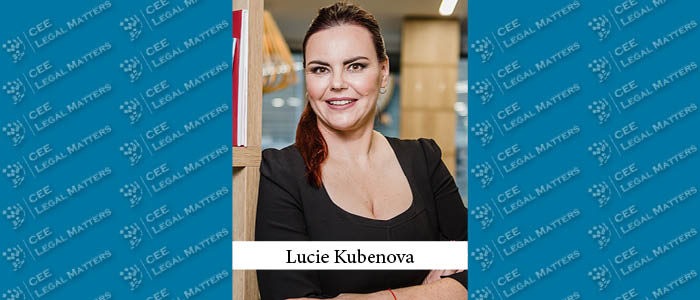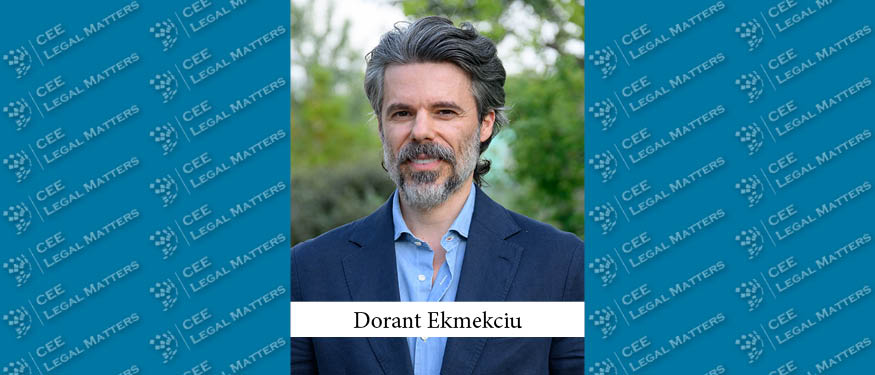Pfizer Eastern Europe Cluster Legal Lead and Legal Director Lucie Kubenova talks about the importance of staying connected with colleagues when managing a legal team spread across 22 countries CEE.
CEELM: How is your current currently team structured across jurisdictions?
Kubenova: At the moment, Pfizer’s legal team spans 22 countries in Central and Eastern Europe, including Greece and Israel. We have several legal directors overseeing these countries, each with distinct responsibilities based on the market needs.
CEELM: How often do you meet (a) in person and (b) virtually with members in other jurisdictions?
Kubenova: We hold virtual team calls every Monday, which we refer to as “Monday Coffee.” These sessions blend a casual catch-up with our work agenda. We use this time to discuss updates and opportunities in each country, as well as to focus on business matters, legal work, and sharing best practices. Each call lasts between 30 minutes to an hour.
In terms of preferred channels, given that we’re all based in different countries and face-to-face communication is limited, I find our virtual meetings to be the closest thing to in-person interactions. We can see, hear, and share effectively. However, for written communication, we’re still relying on traditional emails, which can feel a bit outdated.
CEELM: How are cross-border matters assigned and supervised?
Kubenova: It depends on the nature of the cross-border issue. While we might agree to have one lawyer oversee multiple countries, the 22 countries we work with include both EU members and non-members, each with different operational models. This diversity influences who takes the lead on each product.
CEELM: How do you ensure a uniform standard across all jurisdictions?
Kubenova: This is something that can sometimes be challenging to achieve. We deal with independent jurisdictions both in the market and within the cluster, and we are fully aligned with the legal network of each country. For EU countries, the process is often easier due to more uniform requirements, although we always ensure to respect the specific frameworks of countries with more extensive regulations.
CEELM: What are, in your view, the biggest challenges in managing an international team?
Kubenova: One of the challenges is not being able to meet in person as often as I’d like. It’s always better to have an in-person coffee with the team. While electronic communication is a good substitute, dealing with different jurisdictions, each with its own legal issues, can be challenging from a cluster perspective.
Other challenges may include the need to consider the current environment in each country. For example, in countries like Ukraine and Israel, the political situation can make legal affairs particularly difficult.
CEELM: What are the best practices you’ve developed over time to overcome this?
Kubenova: In my view, regularly connecting with team members through tools like Teams, along with fostering openness and transparency, helps us get to know each other better. The informal aspects of team meetings also contribute to this, allowing us to bond and understand one another more effectively, even if it’s only through the digital platform.

















